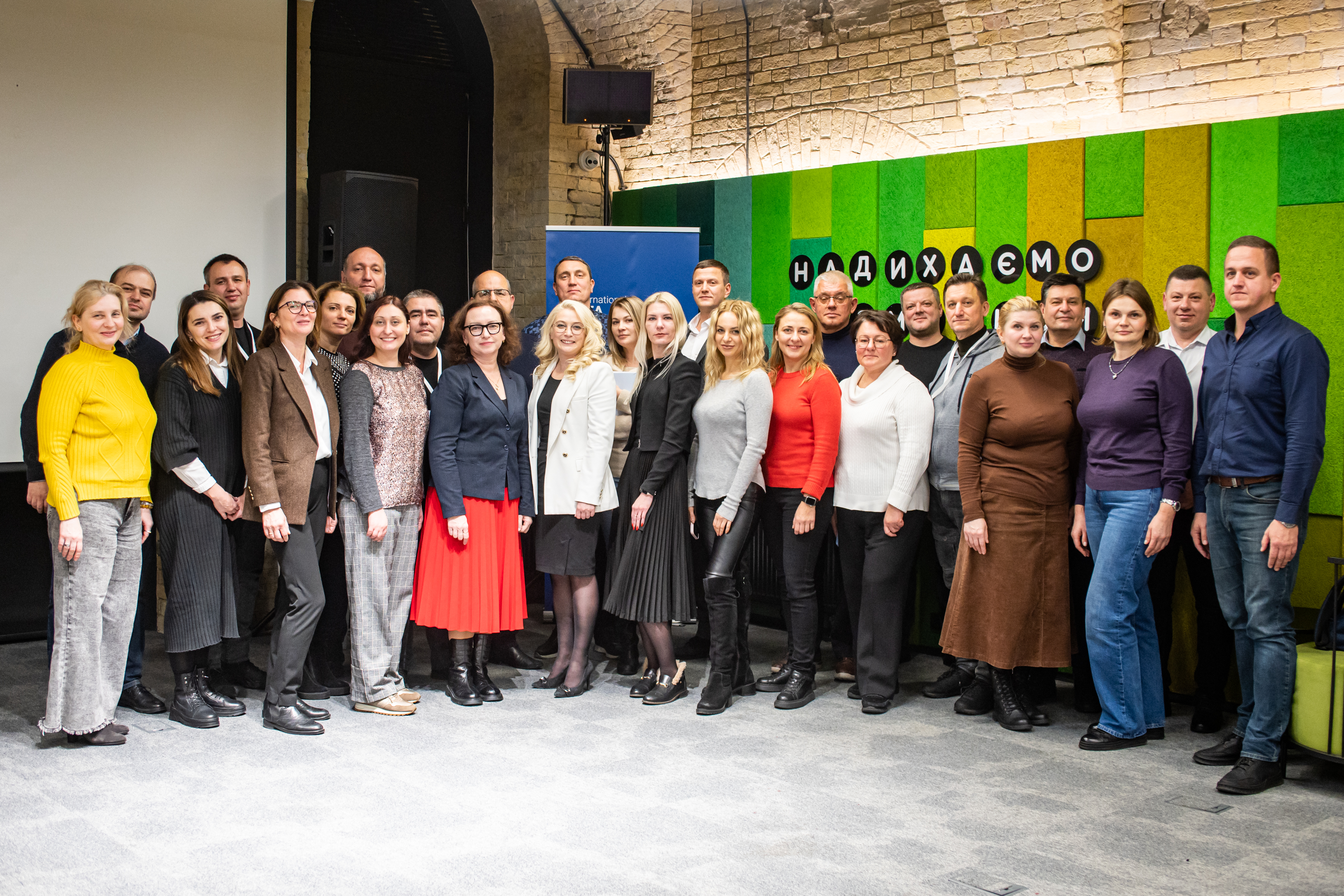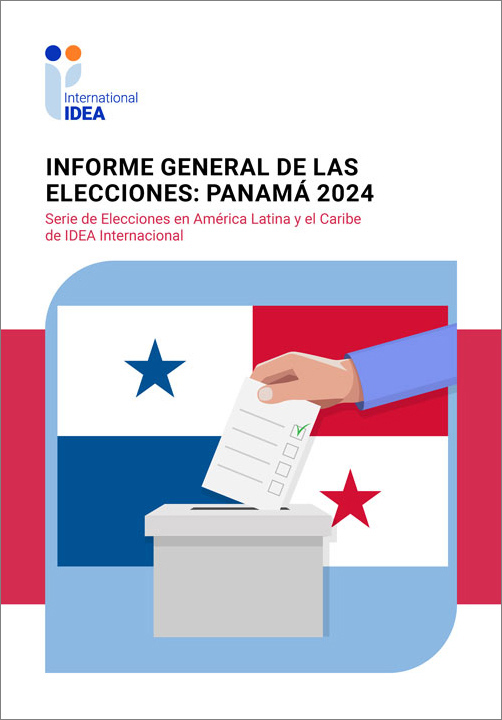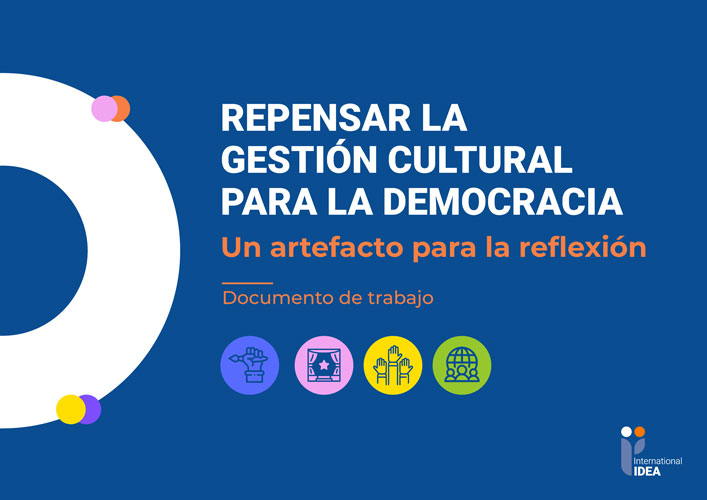Just when football passions start to simmer, fights for political power in Latin America are also in the making because 2014 will be a year of intense electoral activity in Latin America. More than 50% of Latin American citizens will be summoned to cast their vote. There will be seven presidential elections in total —in Costa Rica, El Salvador, Panama, Colombia, Bolivia, Brazil and Uruguay— and local, regional, and legislative elections in Ecuador, Colombia, Peru, and Haiti.
Search
Region
Country
Type
Las pasiones futboleras ya comienzan a espumar y, a la par, se cocinan luchas políticas. Este 2014 será de intensa actividad electoral en la región. Más de 50% de la población latinoamericana está convocada a las urnas.
2013 was an intense year in Latin America, full of important developments, including the death of Hugo Chavez and Nicolas Maduro’s succession via tight and questioned elections; Rafael Correa’s re-election in Ecuador and the return of Michelle Bachelet to power in Chile. The political situation in Paraguay returned to normal through general elections; however, in Honduras (because of claims of electoral fraud) the situation became entangled once more.
Plagado de importantes acontecimientos, 2013 fue un año intenso en América Latina. La muerte de Hugo Chávez y la sucesión de Nicolás Maduro, en elecciones ajustadas y cuestionadas. La reelección de Rafael Correa en Ecuador y el regreso al poder en Chile de Michelle Bachelet. La situación política se regularizó mediante elecciones en Paraguay, sin embargo, la de Honduras (denuncia de fraude mediante) se volvió a complicar.
The State of Local Democracy (SoLD) assessment framework is designed to facilitate a citizen-led and -owned approach to assessing the quality of democracy at the local level.
It is a practical resource for citizens to conduct self-assessments of democratic life in their locality, identify democratic strengths and weaknesses, and translate these into reform agendas for further broadening and deepening of their local democracies.
One of the biggest threats to democracy today is infiltration of political processes by transnational organized crime.
It undermines constitutional frameworks and the rule of law, it violates the integrity of the electoral process, and it corrupts political parties and the very principle of democratic representation.
On a crystal clear day, set against a backdrop of the snowy Himalayan mountains, around 78 per cent of registered voters turned out to vote in Nepal’s second Constituent Assembly elections on 19 November 2013.
This report identifies hurdles preventing marginalized people from taking active part in customary and democratic decision-making.
It highlights strategies for managing transition from political exclusion to inclusion and identifies lessons that could be adopted by marginalized groups.
The content of a constitution provides a blueprint for the operation of a state, guarantees rights and outlines mechanisms for their enforcement, as well as shapes the future of a nation.
Constitutions that emerge after conflict are often a result of negotiated settlements and competition between many forces including identity-based groups, former parties to conflict, political and military actors and international actors.
Political parties are fundamental pillars of democracy. In young and post-conflict democracies in particular, they have important tasks of undertaking reforms that promote democracy, development and resolve conflicts in a sustainable manner.
This multi-author report identifies critical factors preventing marginalized women’s inclusion in customary and democratic decision-making structures and describes how women have worked in overcoming barriers to their participation.
Women’s participation is a central element of democracy, and the nature and degree of women’s participation is a key indicator of the quality of democratic culture.
A high-level roundtable convened in 2011 gathered 150 policymakers, practitioners and academics working on various aspects of gender equality and democracy to review the UN’s work at the critical juncture between promoting gender equality and strengthening democracy worldwide.
This report presents the conclusions and recommendations from two round-table discussions on the relationship between democratic governance and the achievement of development outcomes held in 2008 and 2011 and co-organized by International IDEA, UN Development Programme, and UN Department of Political Affairs.
This paper presents the conclusions and recommendations from an international round table on ‘Democracy and Human Rights’ held at the United Nations in New York on 11–12 July 2011 and co-organized by International IDEA, the UN Department of Political Affairs and the UN Office of the High Commissioner for Human Rights.
The Millennium Declaration affirmed that democracy and democratic governance are essential for the success of the post-2015 development framework. Democracy is a universal value aspired to by people around the world. Democracy is also an enabler of social and economic development, and a political system which can manage conflict peacefully.
Like other democracies, the Philippines still has its challenges, not least in the Autonomous Region in Muslim Mindanao.
This assessment of democracy at the local level in the Autonomous Region in Muslim Mindanao was conducted by the University of the Philippines National College of Public Administration and Governance (UP-NCPAG) and the Philippine Center for Islam and Democracy (PCID).
In recent years illicit transnational networks have increased their capacity to threaten the legitimacy of democratic institutions and political processes.
In recent years illicit transnational networks have increased their capacity to threaten the legitimacy of democratic institutions and political processes.
The Organization of American States is a regional organization supporting democracy, peace and security in the American continent. From the late 1990s, it backed the creation of a regional parliamentary association, the Inter-Parliamentary Forum of the Americas (FIPA), to help strengthen dialogue between national parliaments and foster the integration process.


